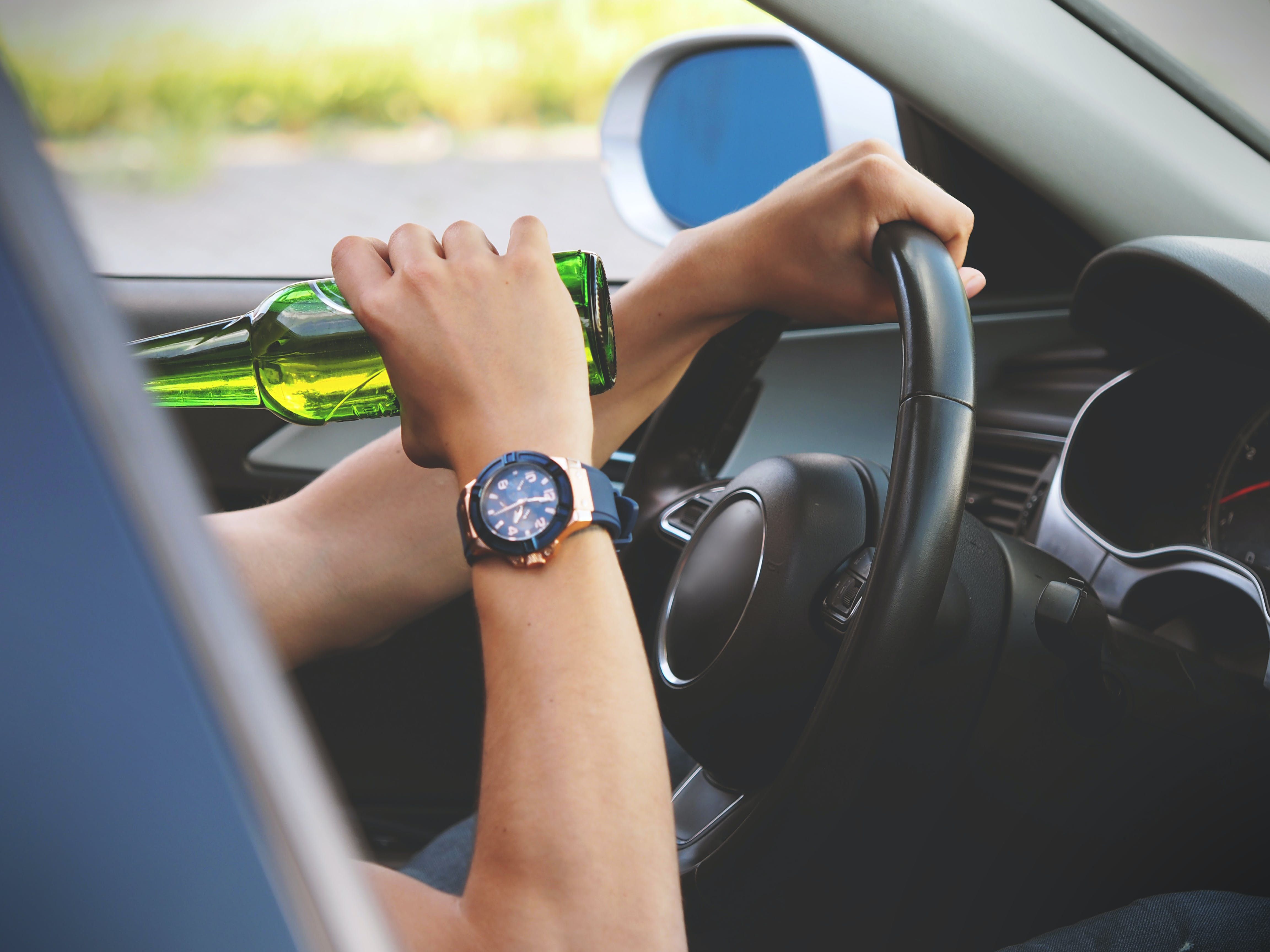What to do if you are in an accident with an intoxicated driver?
The first thing to do if you’re involved in any type of road accident and you or another person has a suspected injury, is to make sure that person is attended to and call an ambulance if necessary.
For serious collisions, or if you suspect an offence has been caused, such as the driver being under the influence of alcohol or drugs, call the Gardai to attend the scene of the accident.
All drivers involved in the accident are required to take a breathalyser test and Gardai also commonly test drivers for the presence of drugs.
If the negligent party is found guilty of exceeding the legal alcohol limit, having illegal drugs in their system, or abusing prescription drugs, they may be held accountable for the damages and may be subject to additional charges.
It’s essential to note that proof of intoxication alone is insufficient to establish blame; collecting evidence from Gardaí reports, witness statements, and CCTV footage and photographic evidence may be required for compensation claims against drunk or drugged drivers.
Once everyone at the scene of the accident has been attended to, it’s important to gather as much evidence as possible to help your claim such as registration numbers, photographs of the damage to both cars, photographs of insurance discs and driver details.
If you were involved in a road traffic accident involving an intoxicated driver, we strongly recommend contacting one of our personal injury solicitors who specialise in road traffic accident claims.
What to do after a road traffic accident?
Following a road traffic accident, whether as a driver, passenger, pedestrian or cyclist, there are a number of steps you should follow:
-
Seek medical attention
Your health is your wealth and should be your first priority. Immediately after a road traffic accident, take a second to assess yourself to determine if you have any injuries. Then check if any passengers or anybody else involved in the accident need medical attention. If you or anyone else involved has sustained a serious injury ensure that you contact an ambulance to attend the scene.
For minor injuries, you must remember that minor injuries where you ‘feel fine’ could progress to a more serious injury in the future. In this case it is always better to be safe than sorry and advisable that you go to your nearest accident and emergency (A&E) or local GP to be checked out.
-
Gather all relevant information at the scene
It is important that you gather all the relevant information in connection with your accident:
- Details of another driver(s)/people involved: name, address, contact information, vehicle registration number and vehicle insurance information. You can also offer your own information to the others involved in the accident.
- Name and contact details of any emergency service workers at the scene – paramedic/Gardaí.
- Take a picture of the scene and damage to all vehicles involved from different angles; this will help your solicitor understand how the accident happened.
- If there are any CCTV recordings of the accident, such as CCTV cameras in a nearby shop, for example, you should try to obtain this footage.
- Dash Cam footage – if you have any.
- Record the time and date of the accident.
- Weather conditions at the time.
- Receipt for repairs of damage to your vehicle.
- If possible, try to collect the contact details of anybody that witnessed the accident. This may be of use if you do decide to pursue a road traffic accident claim.
-
Report the incident to the Gardaí
Regardless of how minor or serious the road traffic accident was, it is important that you call the Gardaí to report the accident immediately.
For minor accidents, the Gardaí may tell you that they will not be attending the scene. In this scenario, the appropriate information should be exchanged. In these cases, it is also important that you visit your nearest Garda station to request that they take details of the accident and to take your statement about the accident.
For more serious road traffic accidents, where an ambulance has been called, the Gardaí may arrive at the scene to assess, take statements from the people involved and any witnesses.
-
Contact your insurance company
If you are the driver of the vehicle involved in a road traffic accident it is important to inform your own insurance company so they have a record of the accident.
-
Speak to a road traffic accident solicitor
If you are considering moving forward with a road traffic accident claim for any personal injuries sustained it is advisable that you speak with a road traffic accident claims solicitor as soon as possible. If you are proceeding with a claim, the first step will be submitting your claim to the Injuries Board for assessment. A road traffic accident solicitor can help you in preparing your application to the Injuries Board and ensure that you follow the process in the correct format, meaning that you can move forward with your claim quickly without unnecessary delays.
It is important to remember to keep copies of any expenses that you have incurred as a result of the accident. It is also imperative to retain copies of medical reports or Garda reports, where possible as you will need them when making a claim.

